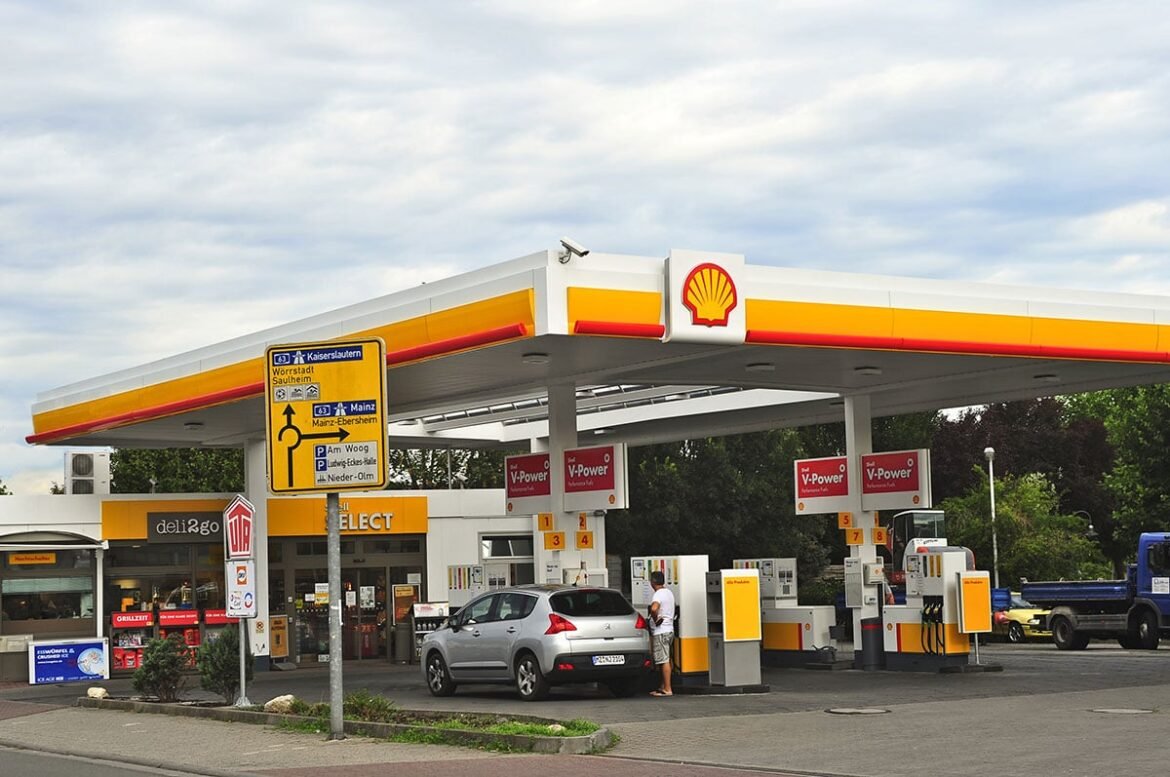The ongoing energy crisis, fueled by supply disruptions and surging demand, is set to further enrich energy giants like Shell, with analysts predicting that the company’s gas profits could climb significantly higher in the coming months.
Rising Energy Prices Drive Profits
The war in Ukraine has exacerbated the energy crisis, sending shockwaves through global energy markets and causing prices for oil and gas to soar to record highs. Shell, one of the world’s largest energy companies, has been among the beneficiaries of these rising prices, with its gas profits expected to reach record levels in 2022.
According to a recent report by analysts at Barclays, Shell’s gas profits could jump by as much as 50% in 2023, reaching a staggering $23 billion. This significant increase is attributed to the company’s strong position in the gas market and its ability to capitalize on the current energy crunch.
Criticism of Profiteering
The prospect of Shell’s profits soaring amidst the energy crisis has drawn criticism from some quarters, who argue that the company is profiting from the misfortunes of others. They point out that rising energy prices are putting a strain on households and businesses across Europe, and that Shell’s profits are out of proportion to the actual cost of producing and delivering gas.
Shell’s Response to Criticism
Shell has defended its profits, arguing that they are essential to the company’s ability to invest in new energy sources and technologies. The company has also pledged to use some of its profits to help vulnerable customers and support the transition to a low-carbon economy.
Impact on Energy Consumers
While Shell’s profits may be on the rise, the company’s customers are likely to face continued pressure from rising energy prices. This is because energy companies are passing on the higher costs of production to consumers, who are already struggling with the rising cost of living.
Concerns for Energy Security
The energy crisis has also raised concerns about the security of energy supplies. With Europe heavily reliant on Russian gas, the war in Ukraine has highlighted the risks associated with relying on a single supplier.
Transition to Renewables
The energy crisis has underscored the need for a transition to renewable energy sources. Renewables are less vulnerable to supply disruptions and can help to reduce Europe’s reliance on fossil fuels. However, the transition to renewables is a complex and long-term process, and it is unlikely to resolve the immediate energy crisis.
Conclusion
The energy crisis is likely to continue to impact Shell’s profits in the coming months. However, the company faces criticism for profiting from the misfortunes of others, and it is important that Shell uses its profits responsibly to support vulnerable customers and the transition to a low-carbon economy.

